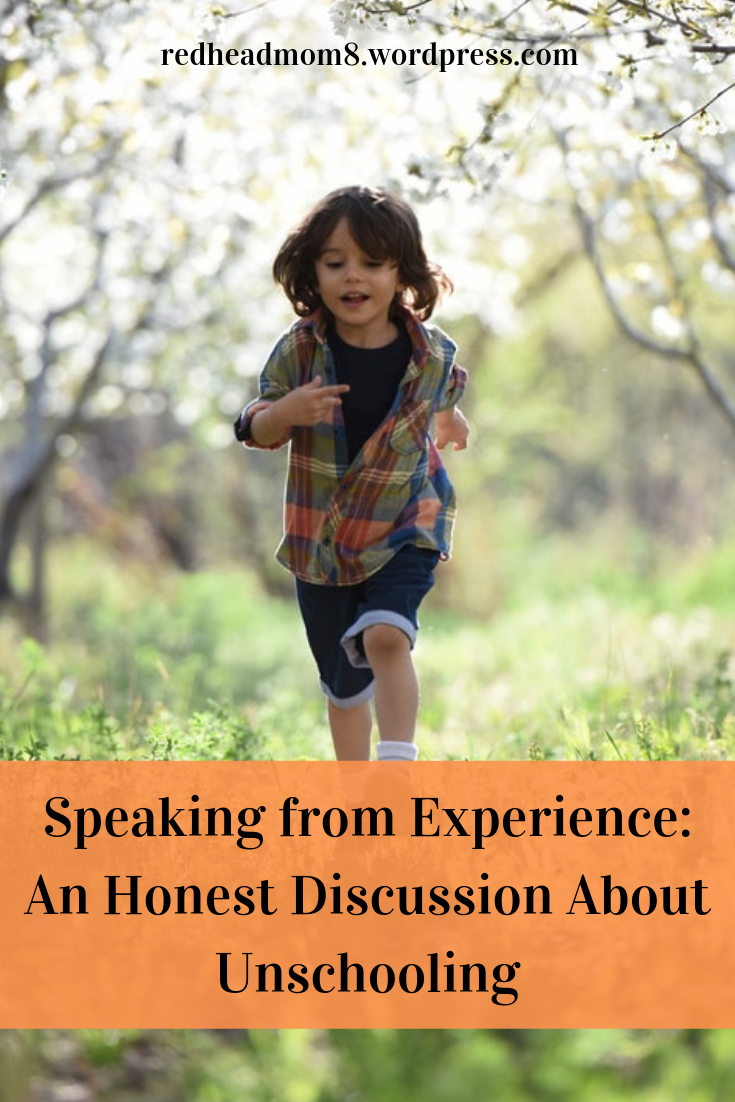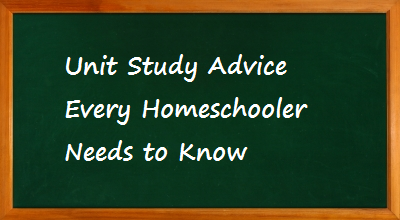
Well, we’ve now just completed the second last week of school for the Littles and the Big Kids. The Teens have another three weeks to go because they follow a more traditional school schedule. The end of the school year is a bit bittersweet for me because, while I love the summer, I do not enjoy the lack of structure from not doing our school routine everyday. Besides that, I really do enjoy our school routine, so I know that I’m going to be bored out of my mind without the hustle and bustle of the school day. Oh, well. Just plan on me posting lots of new unit studies because that’s what I usually spend my time doing when boredom sets in. I will admit, however that I am looking forward to the deep cleaning we always do the first few days of summer break because this house is a wreck.
This week was very similar to last week in that it’s been cold and, once again, I had to take five children to the dentist. Fun. No cavities this week, but one does need to see an orthodontist. Joy. Other than that, it’s been a pretty laid back week- as far as a household of twelve people can be laid back. 🙂 Now on to our week:
(This post contains affiliate links. Please see my full disclosure policy.)
The Littles
This week we started reading Madeline, which the kids have enjoyed so far. We found France, where the story takes place, on our world map and each child got their own map to place a story disk on. They also colored their own French flags, and we discussed so many different topics while reading, such as appendixes, hospital visits, steamboats, land line telephones (who would’ve thought they would be considered history in our lifetime!?), and the Eiffel Tower.
I’m going to confess that we spent a lot of time vegging out in front of the TV because it’s just been a cold, rainy week, and we really didn’t feel like venturing outside.
The Big Kids
The older kids are still working on their research/reference unit and will probably do so until the end of next week when they finish school. We read about Noah Webster and each child has been busy compiling a list of words they don’t know from our read-alouds and their silent reading selections (which, incidentally, are all the same as last week) to author their own dictionaries. Today they got to decorate the covers.
Caollin (11) did get to spend some time at the creek with Dillon (16), and she had a blast finding salamanders, crayfish, and a newt. Otherwise, they, too, have just been relaxing in the house, waiting for the sun to finally come out again.
The Teens
Schoolwork-wise, it’s really just been business as usual with these three.
Arianna (14) has been busy reading and helping with the younger kids during school time this week. On Sunday she went to see a local theater group’s performance of “Mary Poppins” with my mother. She really enjoyed it and hopes to see some more shows like it. (She recently saw “Thoroughly Modern Millie,” as well).
Dillon is still having the time of his life taking photographs and has even ventured out in this dreary weather to hone his photography skills. Here’s a sampling of what he did this week:
A few days ago he created a Facebook page for his photography, and he’s really been working hard at perfecting his skills.
Devin (17) has, once again, spent a lot of time with our oldest son this week. She’s looking forward to next month’s anime convention in Atlantic City and is busying herself with the details of what characters she’s going to cosplay. She also wants a job in the worst way, but I just haven’t gotten around to getting her a photo ID just yet.
Unfortunately, our school district does not issue school IDs to homeschoolers, which makes everything from getting a job to attending after-school events to taking SATs that much harder. I honestly believe they should begin issuing them to homeschoolers, since we do have to report to them yearly, so our kids are, technically, still students in the district, but what are you gonna do?
Anyway, this has been our week! What’s yours looked like?
There’s No Place Like Home is now on Facebook! Like my page and receive new posts on your newsfeed!
Linking up with:




















